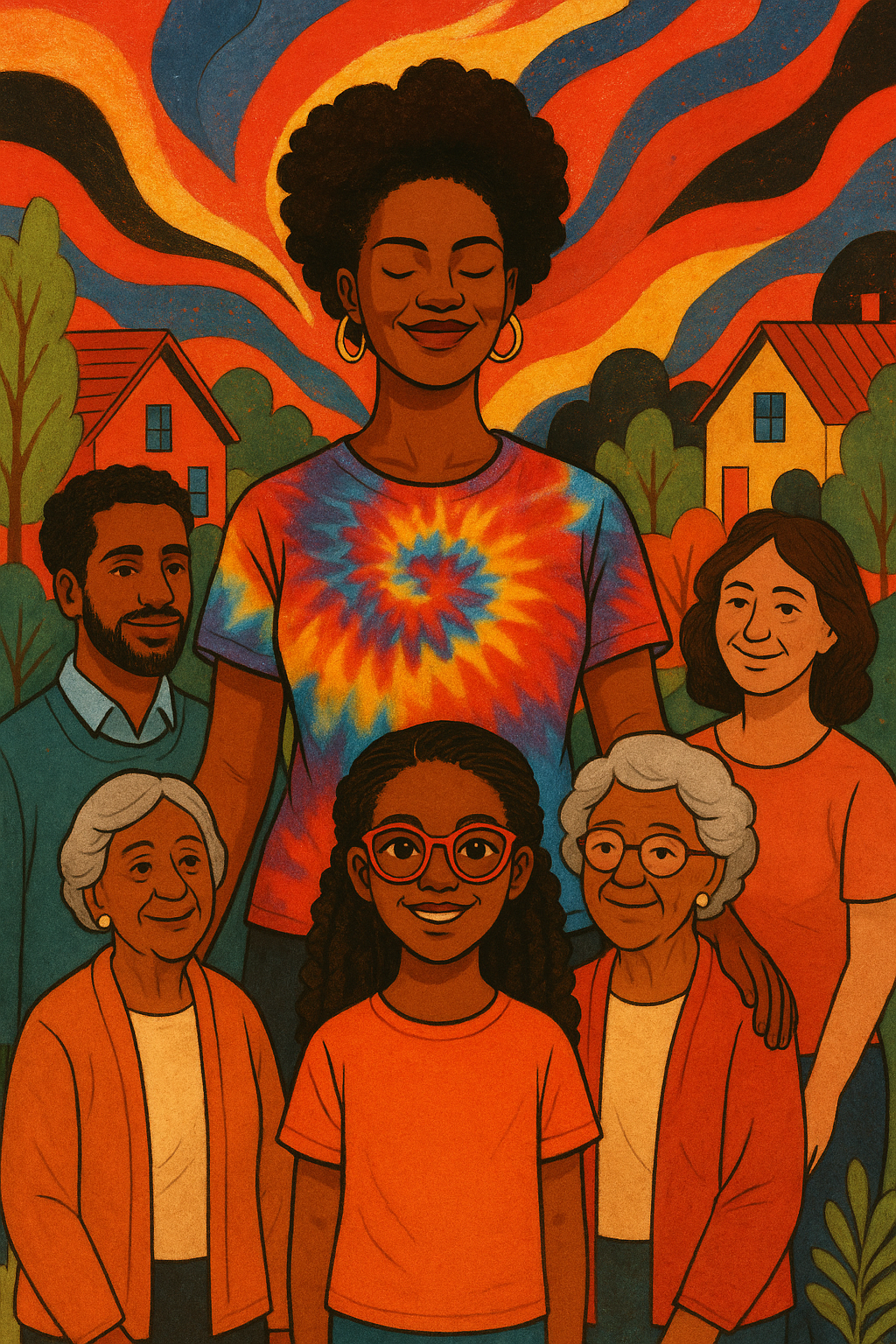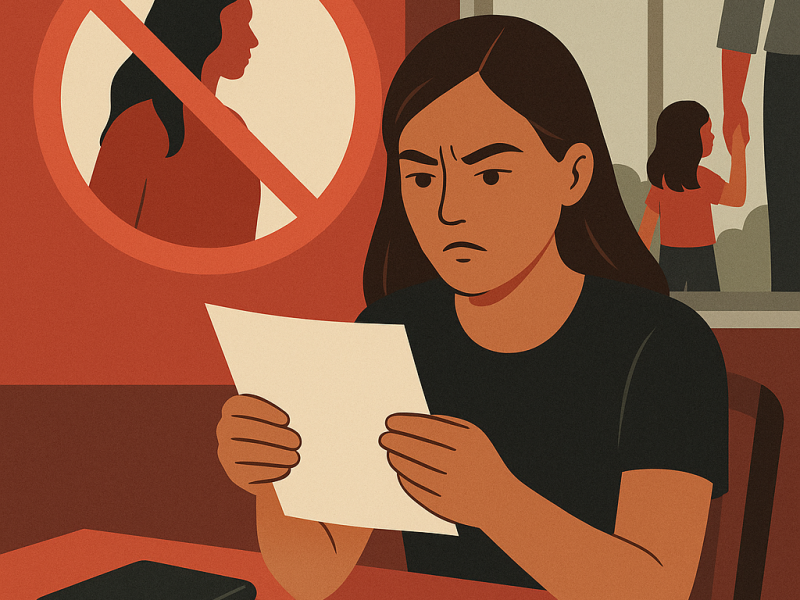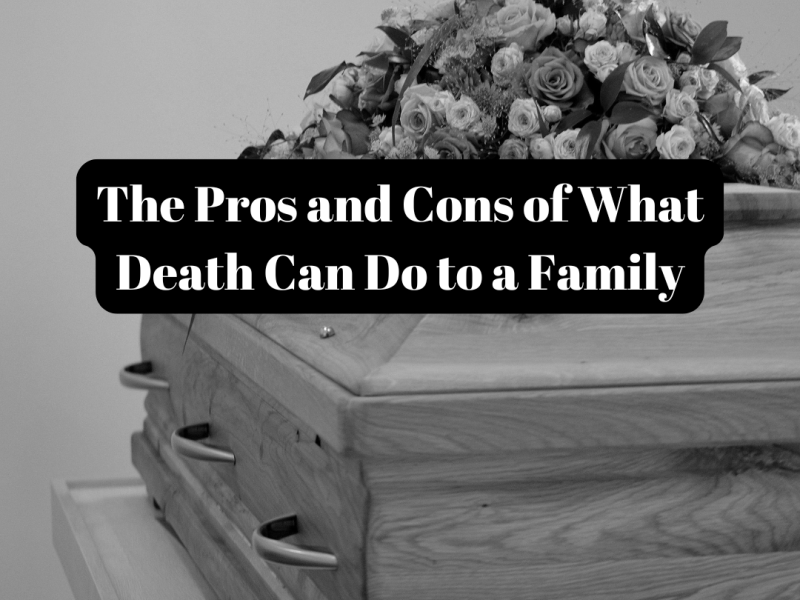“It takes a village to raise a child—but the right village can raise a healed one.” – Auracles by MJ
As a mother, I often ask myself: Who’s standing next to my child when I’m not there?
Whether it’s the auntie who steps in to babysit, the teacher who sees potential beyond grades, or the neighbor who greets them by name—every person in your child’s environment shapes their sense of safety, identity, and worth.
In a world that often feels unpredictable, the community you build around your child becomes part of their emotional scaffolding—a structure they return to when life gets overwhelming.
1.
Children Learn Through Modeling—Not Just Parents
According to the American Psychological Association, children absorb behavioral patterns from all adults in their environment, not just their parents. This means the values of your best friend, your co-parent, your child’s teacher—all of them are being mirrored.
“My daughter picked up empathy from watching my best friend care for her son. She mimics how she speaks softly and listens deeply. I realized—our circle is teaching her, too.” Anonymous
2.
Community Offers Emotional Stability
Children thrive on routine and connection. Having consistent, safe adults around them—like a trusted grandparent, a neighbor, or a mentor—creates a buffer against trauma and stress.
In fact, the CDC’s ACE (Adverse Childhood Experiences) study found that children with at least one stable, supportive adult in their lives are significantly more resilient—even in high-stress homes.
3.
A Strong Community Normalizes Diversity and Belonging
When your child is surrounded by people who reflect different backgrounds, cultures, and roles, they learn to celebrate difference, not fear it.
And when those people consistently show up, your child starts to believe: I am worth being shown up for.
“When my daughter sees our community cheering at her dance recital or helping with her school project, she glows. She knows she’s not alone. She knows she matters.” – MJ
4.
Community Fills the Gaps You Can’t
You can’t be everything, everywhere, all the time—and you’re not supposed to be. Sometimes your child needs something another person can offer:
- A male role model
- A calm presence when you’re overwhelmed
- Advice from someone with lived experience
Building a strong community is not a sign of weakness—it’s a sign of wisdom.
5.
You’re Building Their Internal Voice
The people you surround your child with will eventually become a part of their internal dialogue. When they face challenges or moments of doubt, your child will recall the affirmations, discipline, and encouragement they heard growing up.
“The way my child’s godmother always says, ‘You’ve got this’—I caught my daughter whispering it to herself before a test. That’s the power of community.” -Anonymous
Final Thoughts
Your child doesn’t just need you—they need a circle of love, truth, and consistency. The people you welcome into their world are shaping who they become in ways big and small.
So choose wisely. Be intentional. Build a community not just for support—but for their healing, identity, and joy.
Because when the village is healthy, so is the child.
📌 Want more content like this?
Follow @auraclesbymj on Instagram for insights on conscious parenting, healing, and child development.



